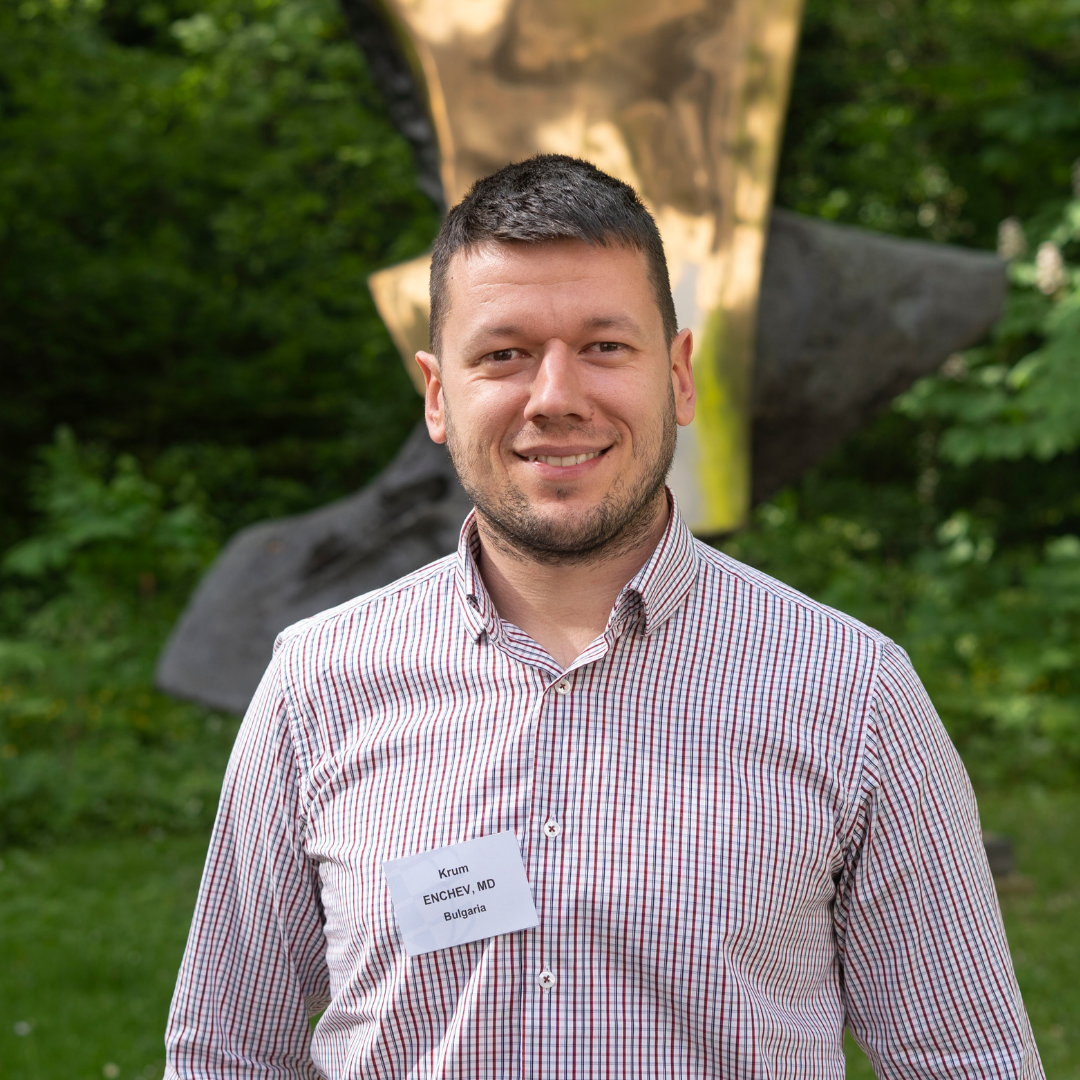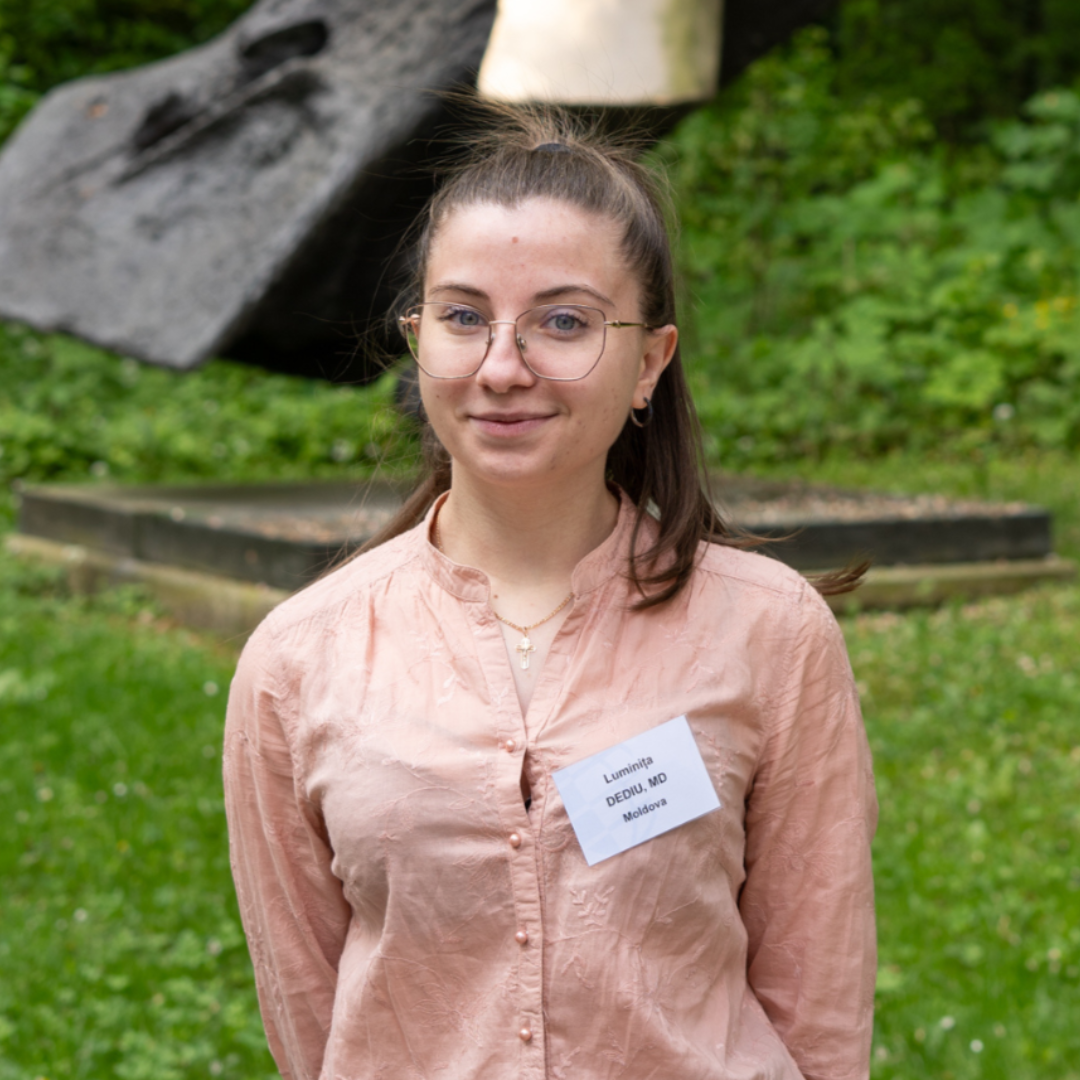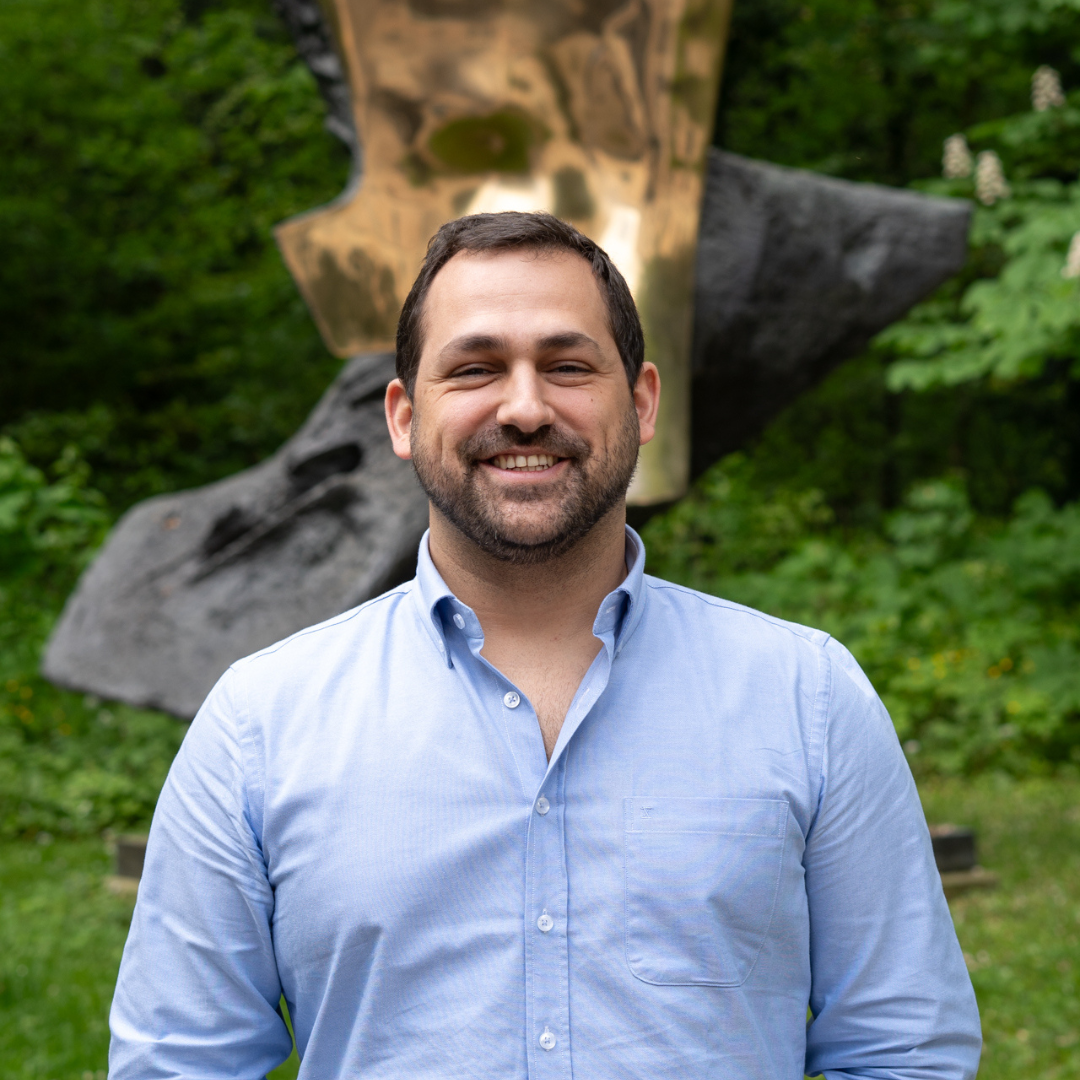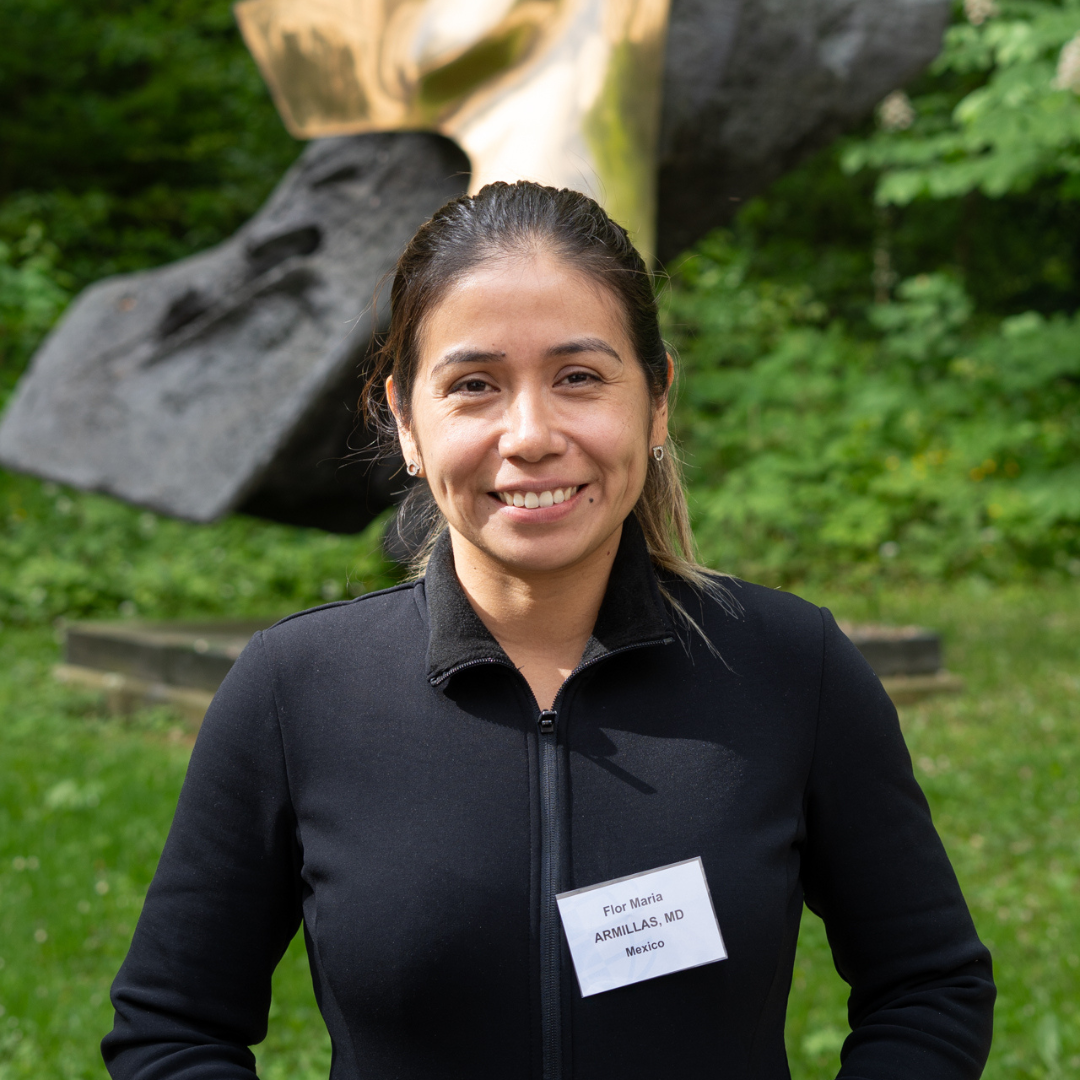Oncology is a medical discipline marked by equal amounts of hope, apprehension, and loss, sometimes making it a difficult field to work in. Yet, there are doctors, who daily choose to fight for their patients’ lives, which are often marked by terminal illnesses, such as leukemia, lymphoma, and multiple myeloma.
Five hardworking and exceptionally skilled MSKCC hematologists traveled to Salzburg, from April 14-20, 2024, to educate 29 young colleagues from all corners of the world.
Drs. Paul A. Hamlin, Raajit K. Rampal, Mark B. Geyer, Pallawi Torka, and Saad Z. Usmani made up the all-American cohort. Dr. Hamlin and Dr. Rampal jointly led the event as course directors, which resulted in a refreshing exchange of knowledge between faculty and fellows alike. Notable is the fact that Dr. Usmani, known in the medical world for his expertise and impact, was part of this week’s cohort. He joined MSKCC in 2021 as the Chief of Myeloma Service and holds a faculty position as Professor of Clinical Medicine at Weill Cornell Medical College, Cornell University.
Over the course of the week, expert faculty reviewed state-of-the art diagnosis, evaluation, and treatment for patients with lymphoma, myeloma, leukemia/MDS/MPN, and the approach to patients in need of cellular therapy or bone marrow transplantation. The MSKCC faculty represent a diversity of backgrounds, with training spanning multiple countries and regions throughout the US, giving them the ability to teach about a myriad of hematologic diseases. Fellows were exposed to novel new therapeutic paradigms, including multiple modality therapy with new agents (eg. IMIDs, CD38 therapy), MRD, bispecific mAb, and chimeric antigen receptor T-cells.
The focus of this course was placed on hematologic malignancies. These can be defined as blood cancers which occur when an uncontrolled growth of abnormal cells overtakes the development of normal blood cells, interfering with the regular functions of those cells. Some subdivisions of hematologic malignancies are:
- Acute Leukemias
- Chronic Leukemias
- Multiple Myeloma
- Hodgkins Disease/ Non-Hodgkins Lymphoma
- Myelodysplasias
The 29 fellows from 23 countries listened intently to the faculty’s lectures throughout the week. On the list of fellows’ home countries were Armenia, Nigeria, Uzbekistan, and Vietnam. The fellows increased their presentation skills and understanding of disease biology through individual case report presentations, receiving feedback from the other participants and expert faculty to hone their diagnostic, management, and presentation skills.
Dr. Hamlin spoke about his roles as both faculty member and now course director for the oncology seminars. He describes his experiences as the following:
“It has been a professional high point to volunteer at the OMI seminars over the past decade. As faculty, we came together as colleagues from MSKCC to share our passions and perspectives on the care of patients with hematologic malignancies, and we were also enriched by the interactions that were generated from this shared experience.
Like the ripple effects of a pebble thrown into a pond, over the years the 27,000 OMI fellows have become leaders in many of their institutions, supporting the next generation of international leaders.
On behalf of the entire MSKCC team, the OMI seminars are a rewarding experience, where there is bidirectional growth of teachers and students alike, and many opportunities for ongoing interactions that extend well beyond the weeklong seminars to positively impact the international oncology community. I look forward to supporting OMI throughout the many years to come.”

Krum Enchev, MD
OMI Fellow from Bulgaria
“I had the opportunity to discuss a patient, who needs a special therapeutic approach, with Dr. Usmani. We discussed my interest in the field of plasma cell dyscrasias and he offered valuable guidance and encouragement in pursuing this endeavor.”

Luminița Dediu, MD
OMI Fellow from Moldova
“Dr. Geyer’s in-depth exploration of malignant hematologic disorders provided invaluable insights into the latest treatment strategies and the interactive case studies allowed me to apply these concepts directly to real-world scenarios.”

Tiago Monteiro Brás, MD
OMI Fellow from Portugal
“What struck me the most during the fellows’ case presentations was realizing that not everyone has access to drugs that I consider to be essential and use daily in Portugal, making it way harder to manage diseases.”

Flor Maria Armillas, MD
OMI Fellow from Mexico











